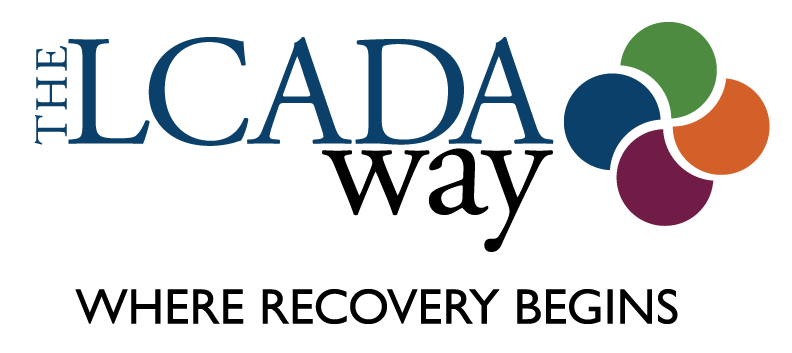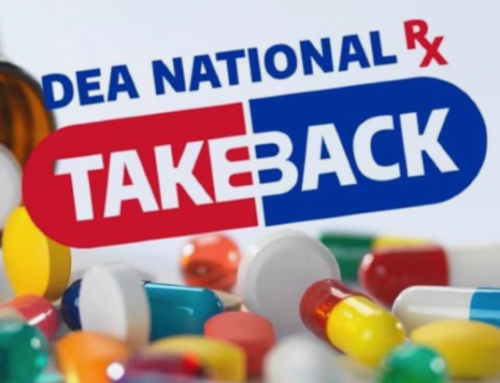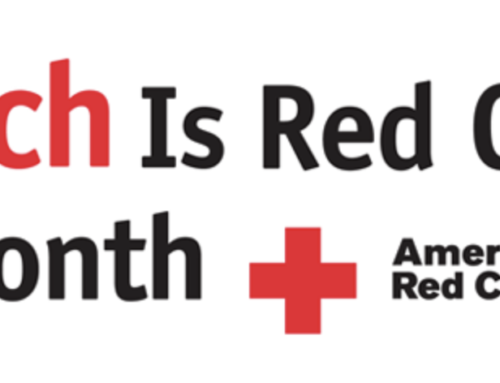Wanna Bet? Over 68 Million Just Did! Was it the perfect storm – powerful, popular football teams, exciting players to watch, all hosted in Las Vegas, the nation’s gambling capital – sure makes for exciting betting. As legal sports gambling proliferates, and more and more states make gambling legal, the number of Americans betting on last week’s Super Bowl just surged. Although most of the action is still off the books, like playing “squares” with friends and family, an estimated 68 million American adults responded the would make some sort of bet, laying out nearly $24 billion according to gambling industry research.
Experts in addiction say aggressive advertising is contributing to a rise in gambling… and a rise in problem gambling. About 2/3 of states, plus Washington, D.C., now offer legal sports betting, and more than half of all American adults live in one of those markets. Add to this the mobile phone ease of placing bets, and it’s easy to see why betting, and problems are on the rise.
With the approach of college basketball’s March Madness, the Kentucky Derby, and yes, even the Masters, many will struggle to manage their money properly. If you or a loved one is in this category, here are some tips:
1. Understand Your Problem
You can’t fix something that you don’t understand. To eliminate gambling from your life, you must learn about the issue and admit you may have a problem. The American Psychiatric Association identifies gambling as a mental health disorder similar to addictions triggered by alcohol and drugs. You might have a gambling disorder if you have the powerful need to gamble with larger amounts of money, feelings of restlessness or irritability when not gambling, have lied to friends, coworkers and loved ones about gambling or lost relationships or created conflict about gambling. Be honest with yourself when you look over the symptoms of gambling disorder, or even better, ask a loved one about their opinion of your gambling for a clearer understanding. Stop denying and start seeing the negative effect gambling has on your life.2. Join a Support Group
Now that you have recognized the problem, you can seek assistance from a support group, such as Gamblers Anonymous. Support groups are organizations maintained by people with similar experiences and pasts. Though support groups lack professional interventions, they are free to try out in person or in online chat rooms. The group is based around the familiar 12-step approach used by other support groups like Alcoholics Anonymous or Narcotics Anonymous.3. Avoid Temptation
Gambling is a temptation, but seeing gambling as an addiction is a significant step because it permits you to use skills from addiction recovery and relapse prevention. For someone in recovery, avoiding people, places and activities linked to gambling can help them avoid a setback. By avoiding these triggers, you can avoid the thoughts and feelings that encourage gambling.4. Postpone Gambling
With addictions, there are cravings. Cravings are strong urges to complete the desired behavior. As a gambler, you could have cravings to call your bookie, go to the casino, cash your paycheck or other behaviors linked to gambling. Cravings are intense, and while you are in the middle of one, it feels like it could last forever. It will not, though. All cravings have a beginning, middle and end. So as long as you can postpone your gambling, you can maintain recovery. An excellent way to approach this issue is by paying attention to your cravings, what they feel like, what you think about during the craving and how long it tends to last.5. Find Alternatives
Avoiding triggers and creating distractions during cravings are great ways to deal with gambling. But to improve your state, you’ll need to find healthy alternatives to gambling. By replacing gambling behaviors with positive ones, you shift the focus away from the bad and towards the good. Some gambling alternatives include physical activity, meditation, spending time with friends and family, volunteering and exploring new hobbies. Just think of the fun, beneficial alternatives you can explore with the extra money you have from not gambling.If your problem is severe, consider seeking professional gambling addiction help as soon as possible. Professional treatment from a mental health or addiction specialist could be the difference between a life of financial uncertainty versus living in financial stability. For help, contact The LCADA Way at 440-989-4900 or visit the National Council on Problem Gambling or Get Set Before You Bet.



